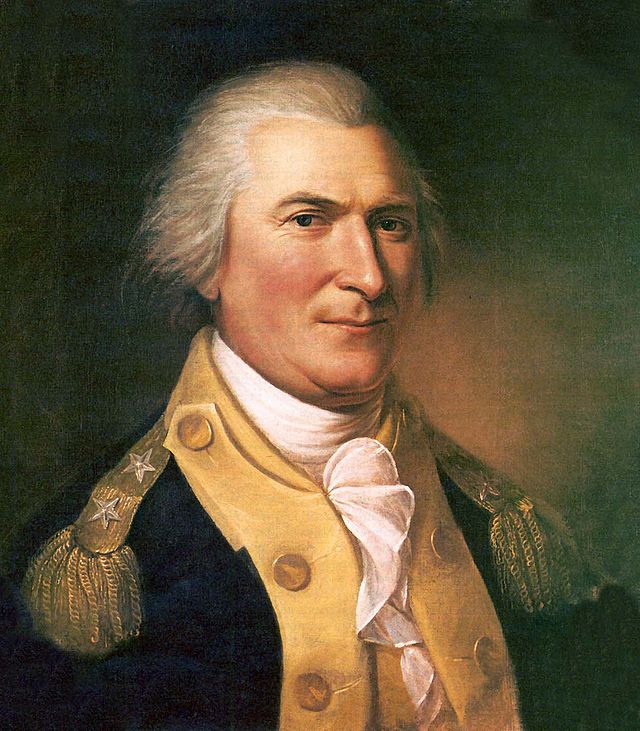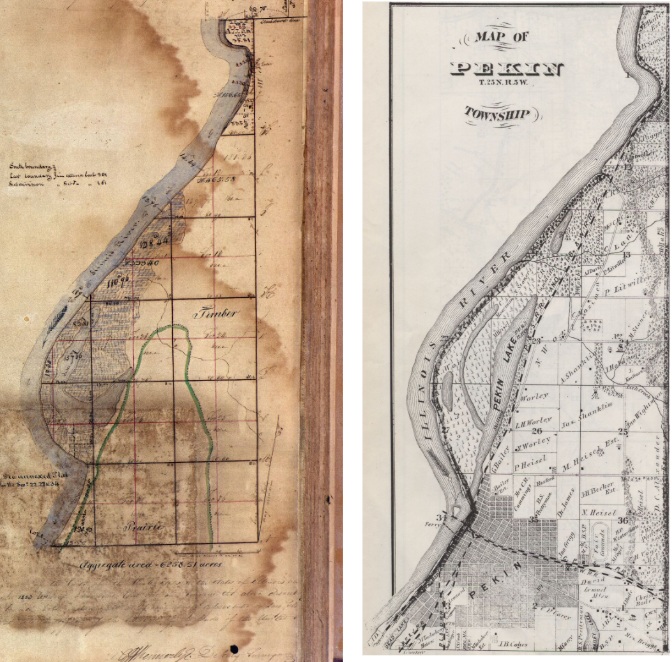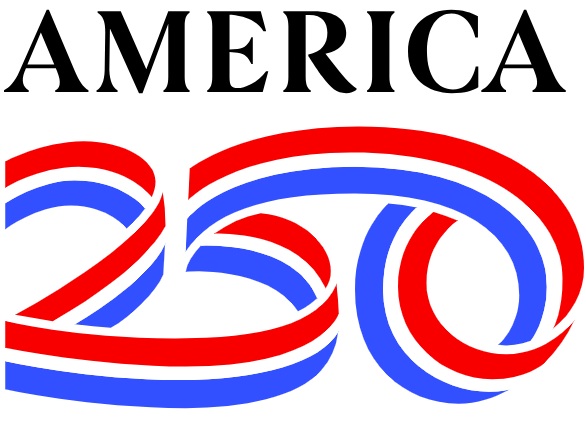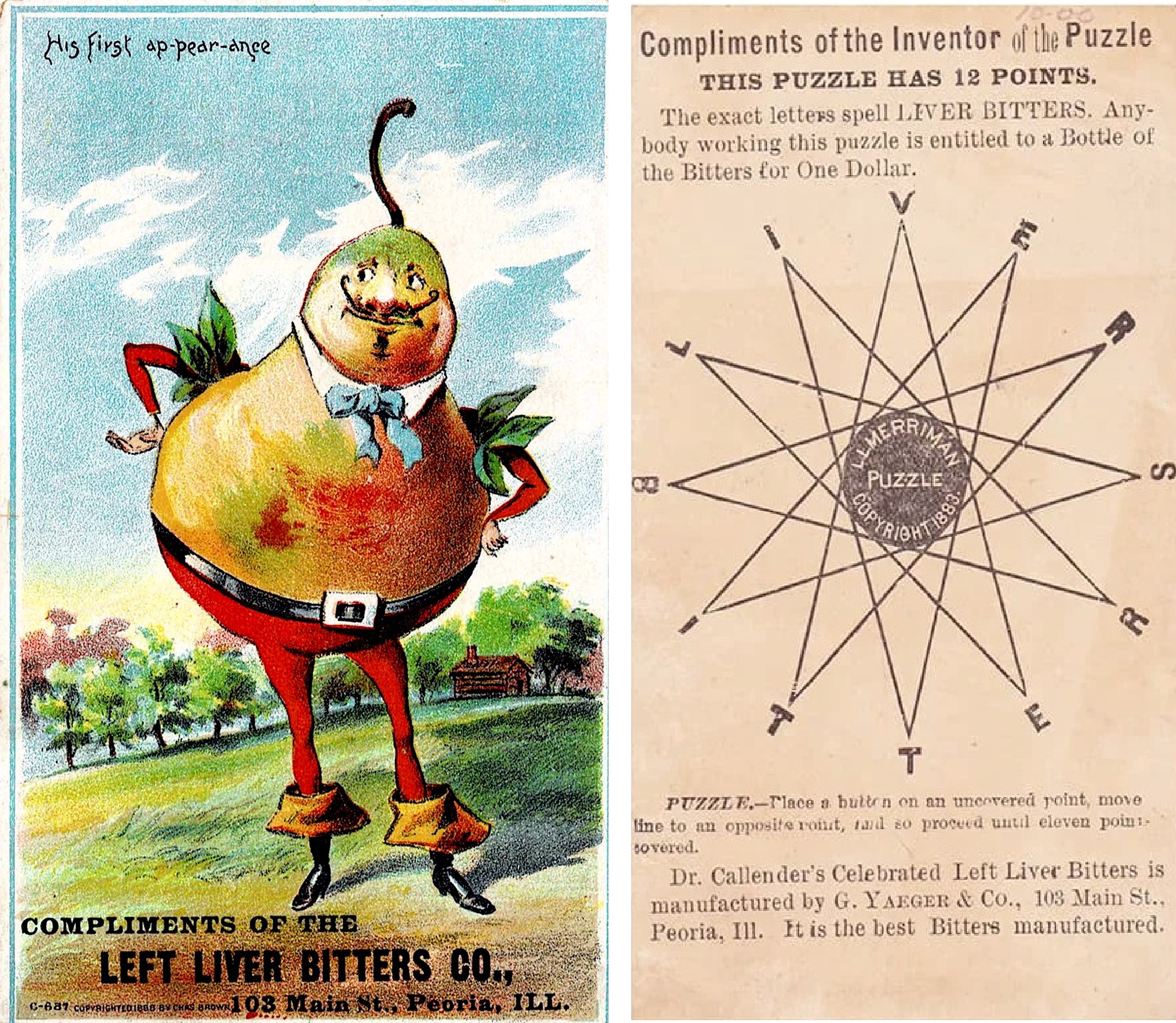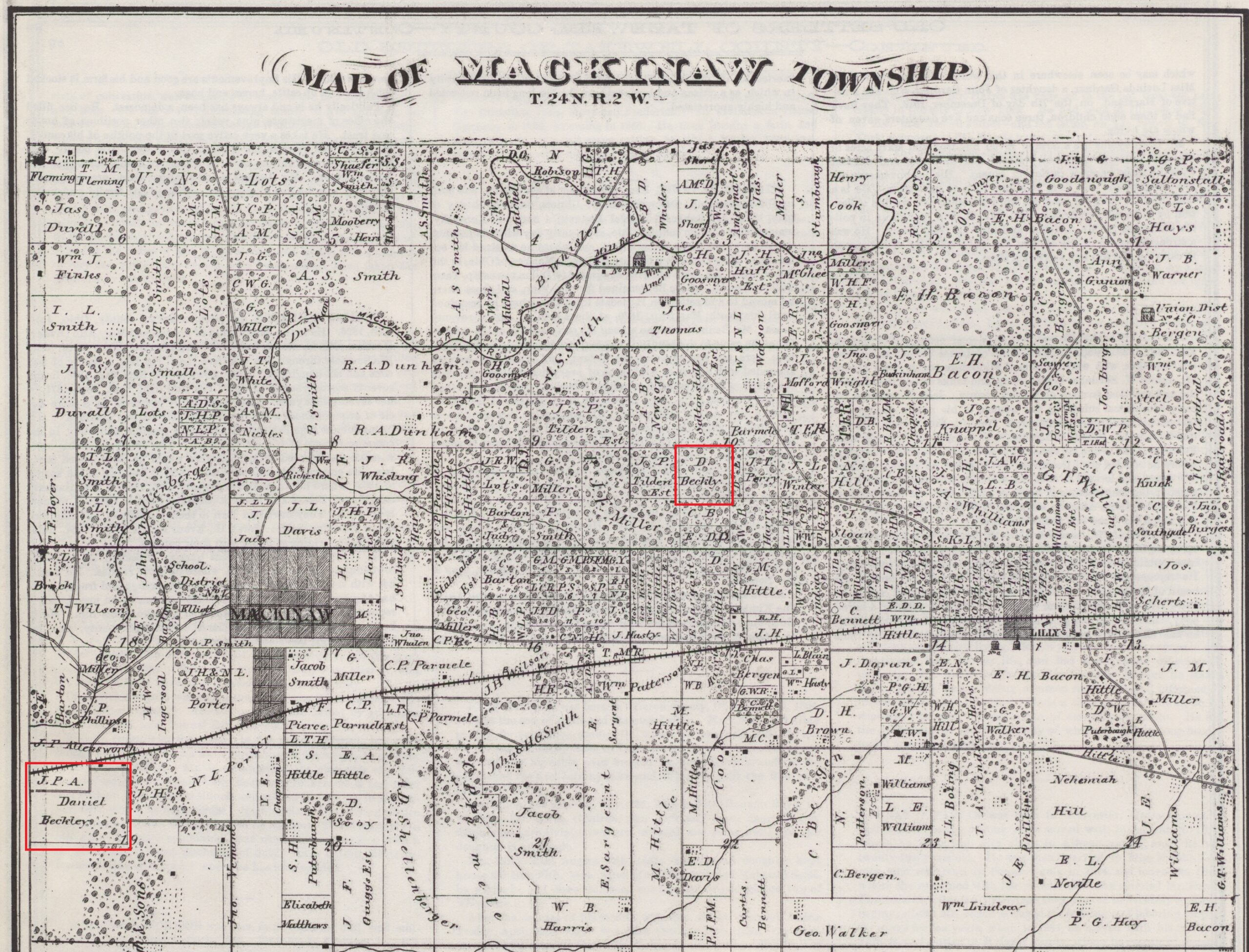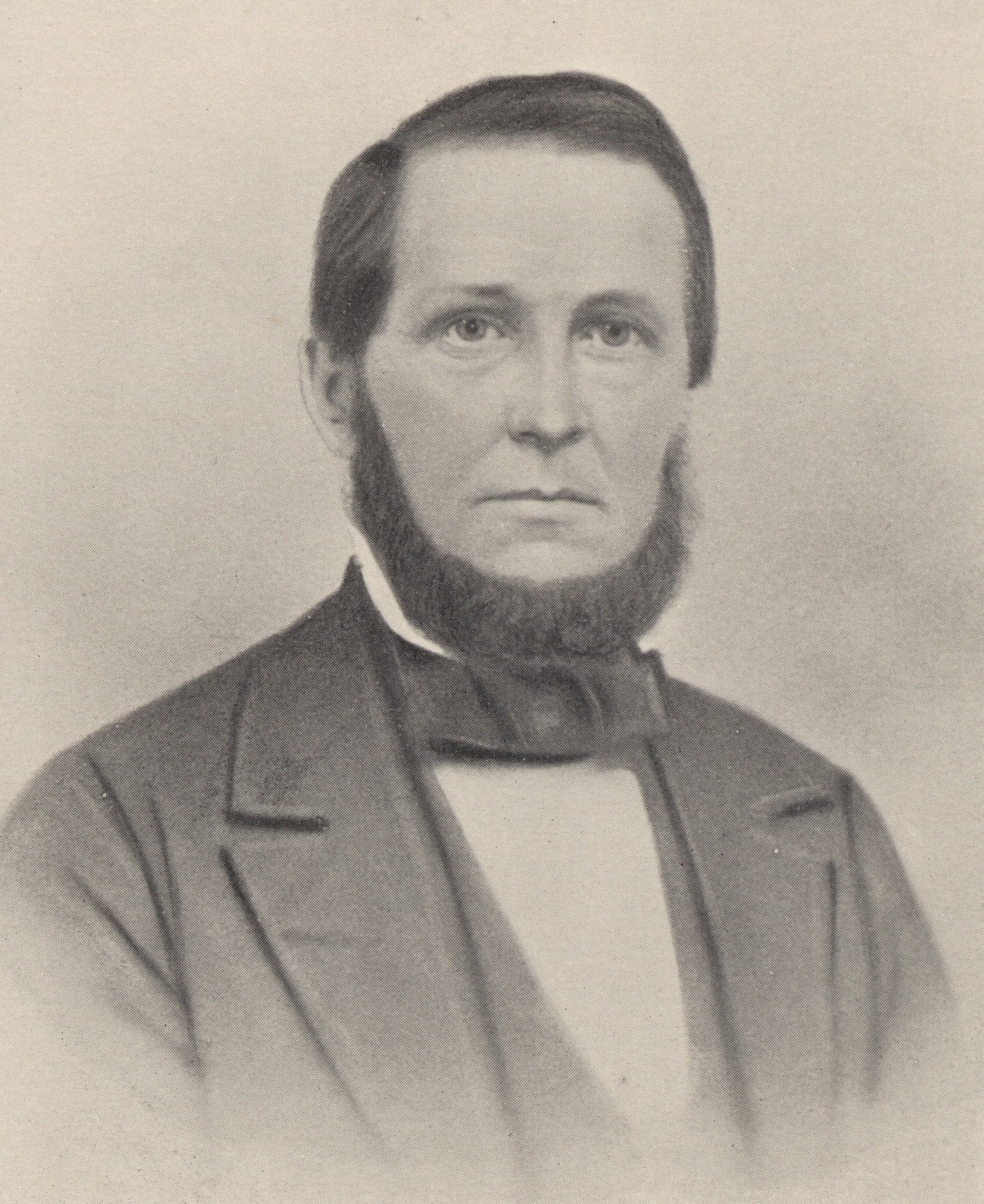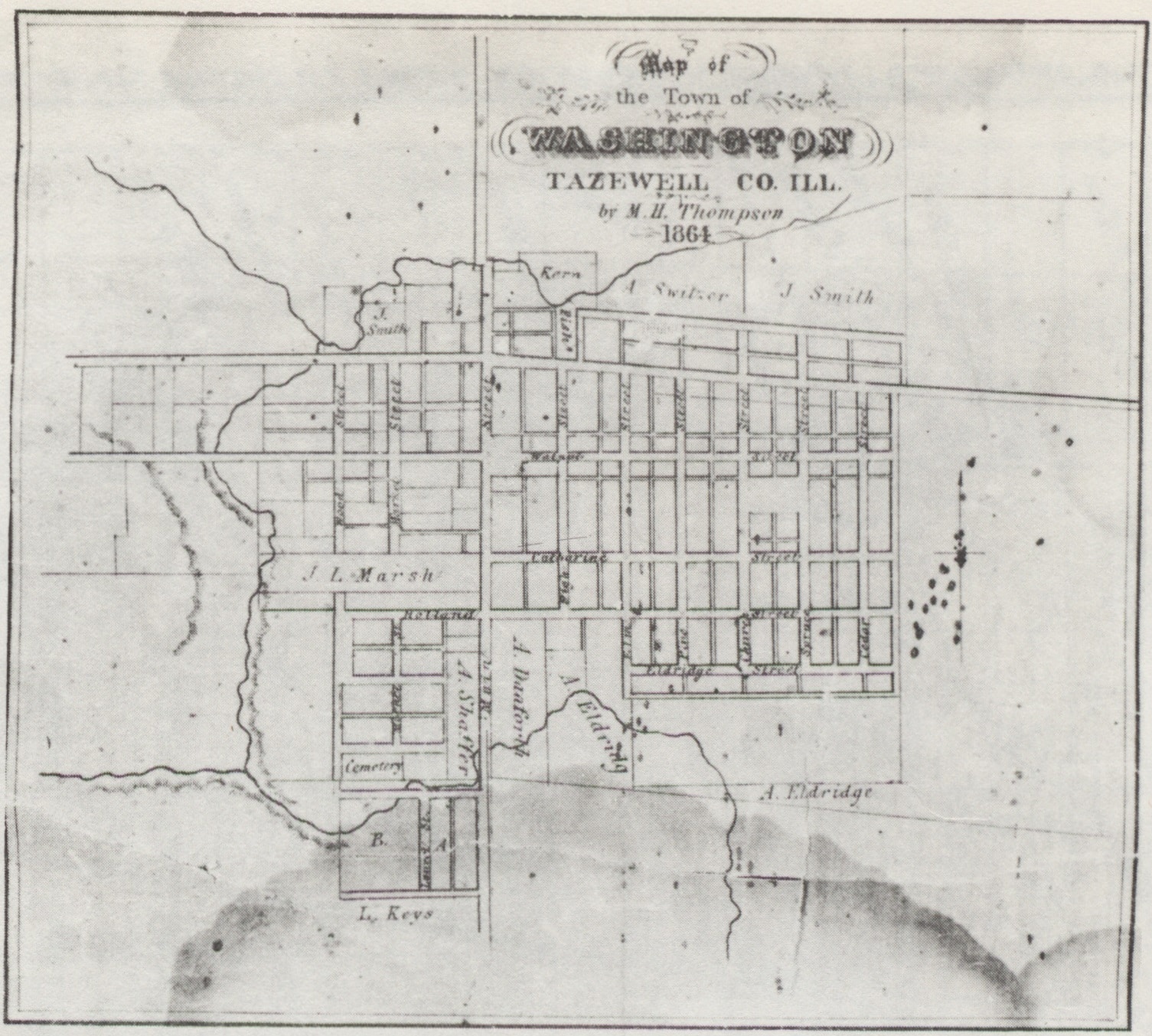This is a reprint of a “From the Local History Room” column that first appeared in April 2015, before the launch of this weblog.
The old published histories of Pekin and Tazewell County preserve the memory of both mundane and remarkable doings and events of the people who settled and lived in our area – names and recollections of pioneers, lists of mayors and other elected officials, narratives of the beginnings and development of churches, commerce and recreation, etc.
Also interspersed among these old histories, however, are the occasional colorful anecdote that helps to bring to life the manners and customs of days gone by.
One such anecdote may be found in Ben C. Allensworth’s 1905 “History of Tazewell County,” pages 893-894. There Allensworth relates the story of a physical altercation that happened in 1855, involving two residents of central Illinois named Jacob Dunham and T. B. Crigler. Here follows Allensworth’s tale, which he titled, “THE ‘BEST MAN’ WON”:
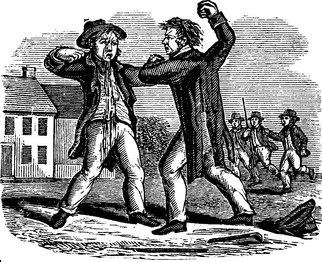
“Among the early settlers of Tazewell County, as among those in the early history of the West generally, a question of physical prowess was one which involved those characteristics found among the men of brawn, so necessary in those days to overcome the foes from without which so menaced industrial and civic progress, and which were important factors in making the wilderness blossom as the rose.
“The test of physical strength and skillful use therof often became a question as between different individuals, in order to determine a point of pride as to which of the two was the ‘best man.’ While the expression, ‘best man of the two,’ may do violence to the most approved forms of grammatical speech, it was then in common use, and everybody understood its meaning. As to who was the ‘best man’ would be settled upon any one of several different occasions. Two men in the same community, aspiring for this honor, would meet at a barn-raising, a log-rolling, a corn-husking, a public sale, a public muster, a circus, and oftimes one of the pugilistically inclined celebrities would quietly hunt up the ‘other fellow,’ and they would proceed to have it out.
“A notable instance, illustrating this spirit of the times, came under the observation of the author, in Mackinaw, in the summer of 1855. Jacob Dunham was a resident of the western part of McLean County, and was noted for great physical strength and his skill as a boxer, as well as his physical courage and disposition to engage in a rough and tumble fistic encounter. He was about five feet eleven inches in height, weighed probably 195 pounds, and was of muscular rather than adipose build. He prided himself upon being the best man anywhere in that part of the country. T. B. Crigler was a resident of Little Mackinaw Township. He was not known as a fighting man, particularly, but had never been worsted in any personal encounter that came his way. He was about six feet high, raw-boned and long-armed. In his physical makeup he was inclined to be muscular rather than fat, and probably did not weigh over 175 or 180 pounds.“Dunham came to Mackinaw one day in the summer of the year named, and inquired about this man Crigler, saying he had heard that Crigler was ‘best man’ anywhere around in those parts. As chance would have it, Crigler was in town and the two men happened to meet at the gate going from the street to the barn yard of what was then known as the Baber Hotel. Dunham was accompanied by some friend, and inquiry was made of Crigler as to his name. After being informed that he was facing the man he was looking for, Dunham said to Crigler: ‘I understand they say you’re the best man in this part of the country. I’ve been wanting to see you for some time. I understand that people generally think that you can lick anything around here, and I just thought I’d come down and settle the thing.’ Crigler replied, substantially, that he was not a fighting man, and had nothing against Dunham; he had never seen him before and saw no use in having a row, anyway.
“The controversy went on along this line for a short time until, in reply to something Crigler said, Dunham called him a ‘d—-d liar.’ No sooner was this said than Crigler’s left arm shot out straight from the shoulder and caught Dunham on the side of the head. This blow was followed up by another on Dunham’s left jaw, and he went to the ground, without so much as having hit Crigler at all. Crigler, after the fashion of the day, proceeded to pound him until Dunham yelled ‘enough,’ when Crigler immediately ceased punishment. This was the usual way that these encounters ended. As soon as the under man in the fight cried ‘enough’ it was understood that the struggle was at an end. If the victor in such cases had persisted in punishing the man that was down, after he had surrendered, he would have been in danger from swift and forcible intervention upon the part of the onlookers.
“As soon as Dunham arose from the ground, he offered his hand to his opponent, remarking as he did so, ‘Crigler, you’re the best man and you’ve licked me.’ The proffered hand was taken by Crigler. The momentous question had been settled, in the most approved way known to those times, and the men were ever afterward good friends.




